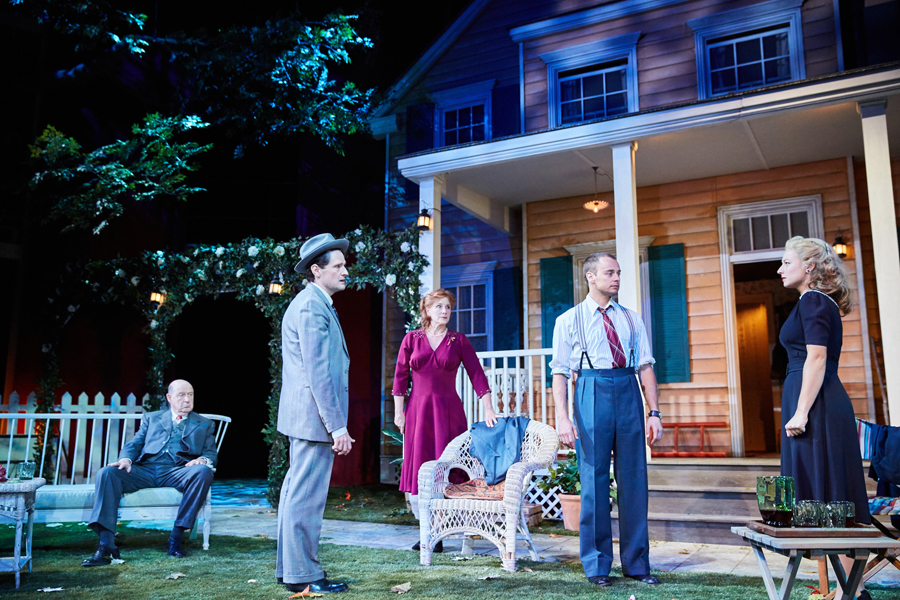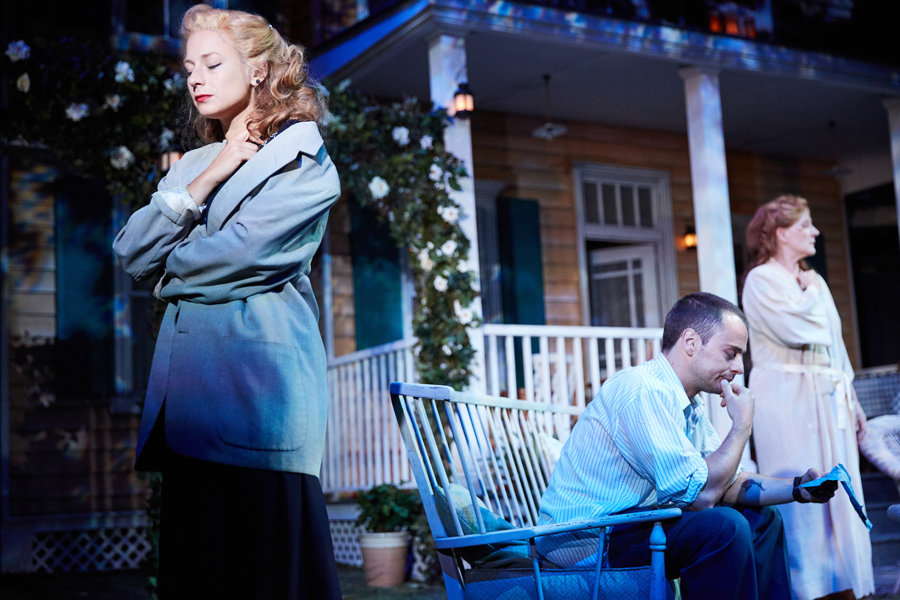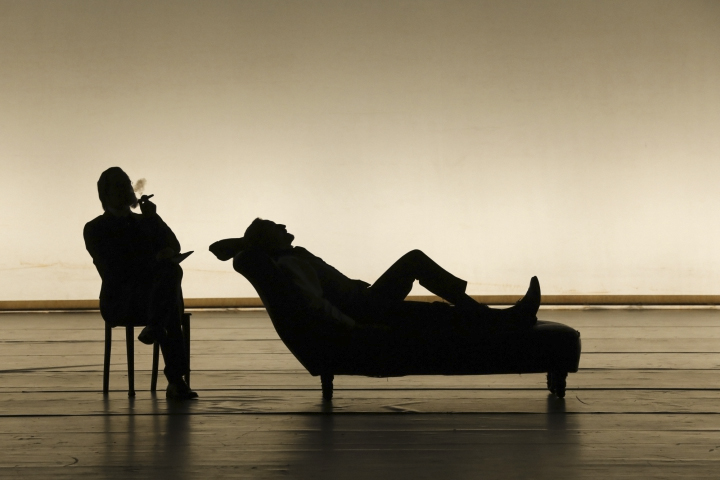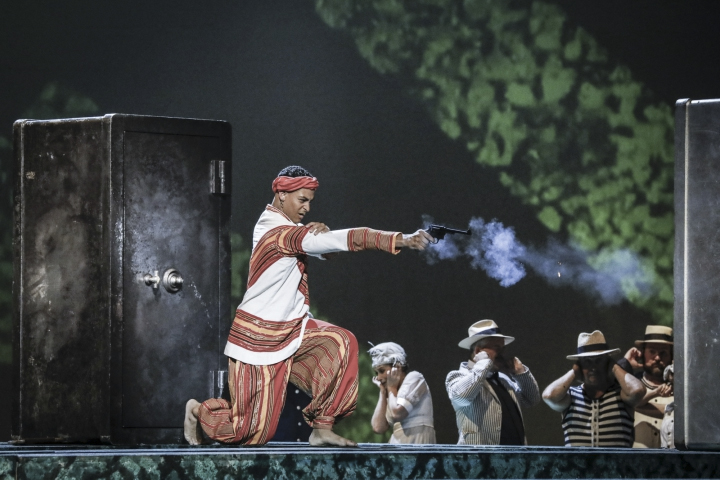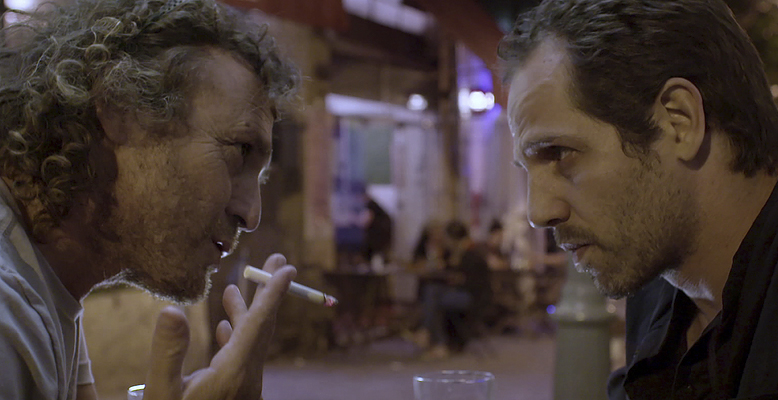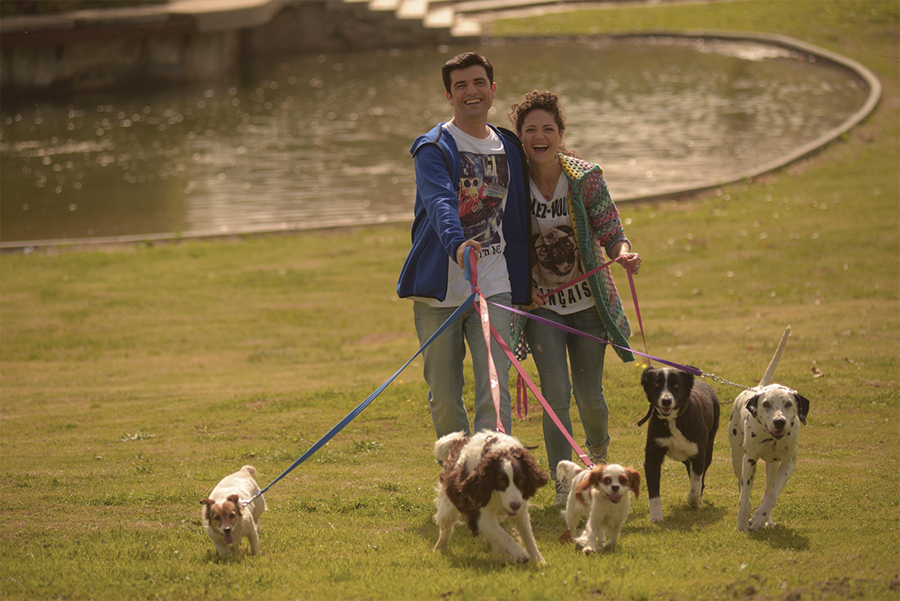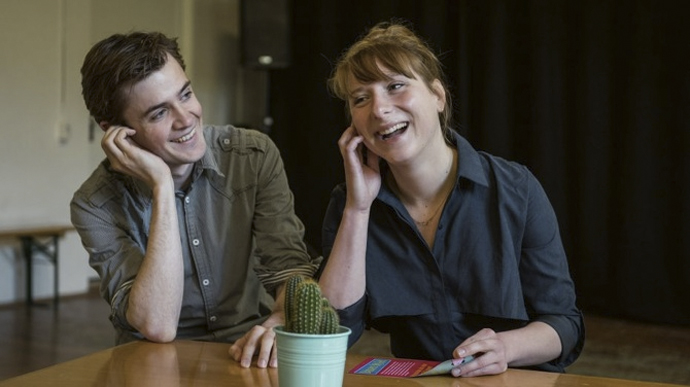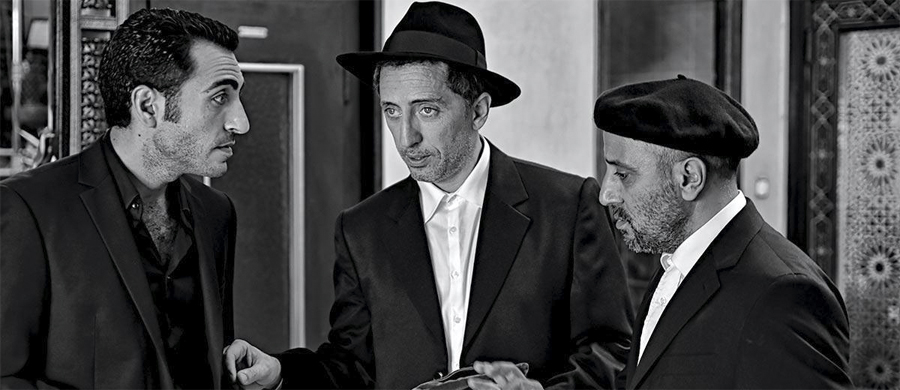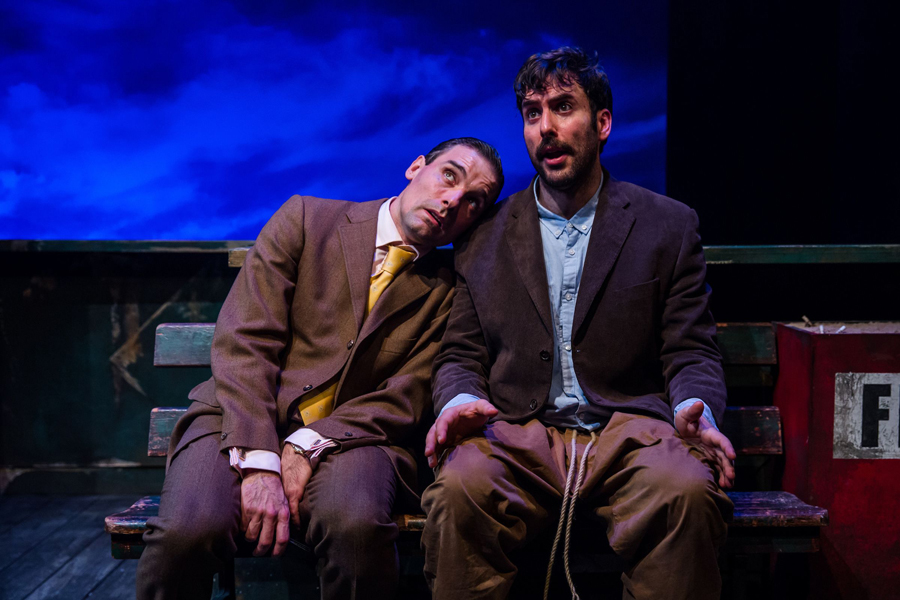 Reviving Murray Schisgal’s 1964 show, unashamedly a mix of absurdist humour and traditional Broadway comedy, is a gamble, especially given our current perspectives on matters of love, sex and the human condition. In lesser hands the gamble might not have paid off, but director Gary Condes has a fine understanding of the material and nudges his cast to find just that right blend between reality and cartoon that made the play a hit over 50 years ago.
Reviving Murray Schisgal’s 1964 show, unashamedly a mix of absurdist humour and traditional Broadway comedy, is a gamble, especially given our current perspectives on matters of love, sex and the human condition. In lesser hands the gamble might not have paid off, but director Gary Condes has a fine understanding of the material and nudges his cast to find just that right blend between reality and cartoon that made the play a hit over 50 years ago.
The plot is straightforward and the end predictable, but the fun lies in the way we get there. Mercenary Milt encounters his old college friend, boho loser Harry, as Harry is about to jump off a bridge. As they talk, we learn that both men are equally unhappy, thanks to a wonderfully daft vaudevillian exchange as to who has had the harder life (reminiscent of Monty Python’s four Yorkshire men living in a shoe box). Milt wants to marry his mistress and he hits on the idea of offloading his current wife, Ellen, onto Harry, who has never experienced love.
Charles Dorfman’s lugubrious Harry catches the pathos of the character, but never lets the comedy get away. His foil, Nick Barber, equally balances the brightness of conniving Milt with real sadness. Elsie Bennett finds both steel and warmth in Ellen and the trio play up the pastiche combinations of realism, humour and farce that you also find in plays by fellow New York Jewish playwright Neil Simon, to great comic effect.
Designer Max Dorey evocatively creates the suicide bridge against a changing sky with lighting by Christopher Nairne subtly underlining the changing pace the text demands. It fits like a glove in the Park Theatre's intimate studio space.
(Baseball) caps off to the cast for maintaining the verisimilitude of period New York accents throughout and to Dorey for his Swingin' Sixties costumes. Buckland Theatre Company and Gary Condes deliver a satisfying send up of both 60s experimental theatre and Broadway in this delightful, witty revival.
By Judi Herman
Photos by The Other Richard
Luv runs until Saturday 7 January. 7.45pm (Tue-Sat), 3.15pm (Thursday & Saturday). £14.50-£18. Park Theatre, N4 3JP. 020 7870 6876. www.parktheatre.co.uk





